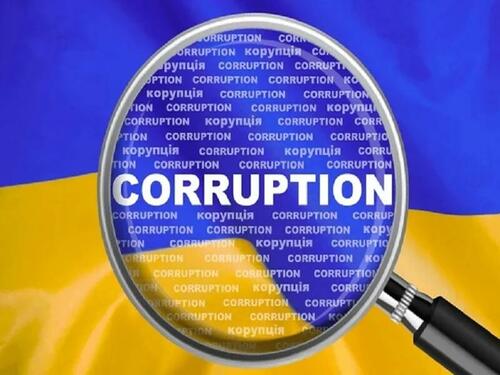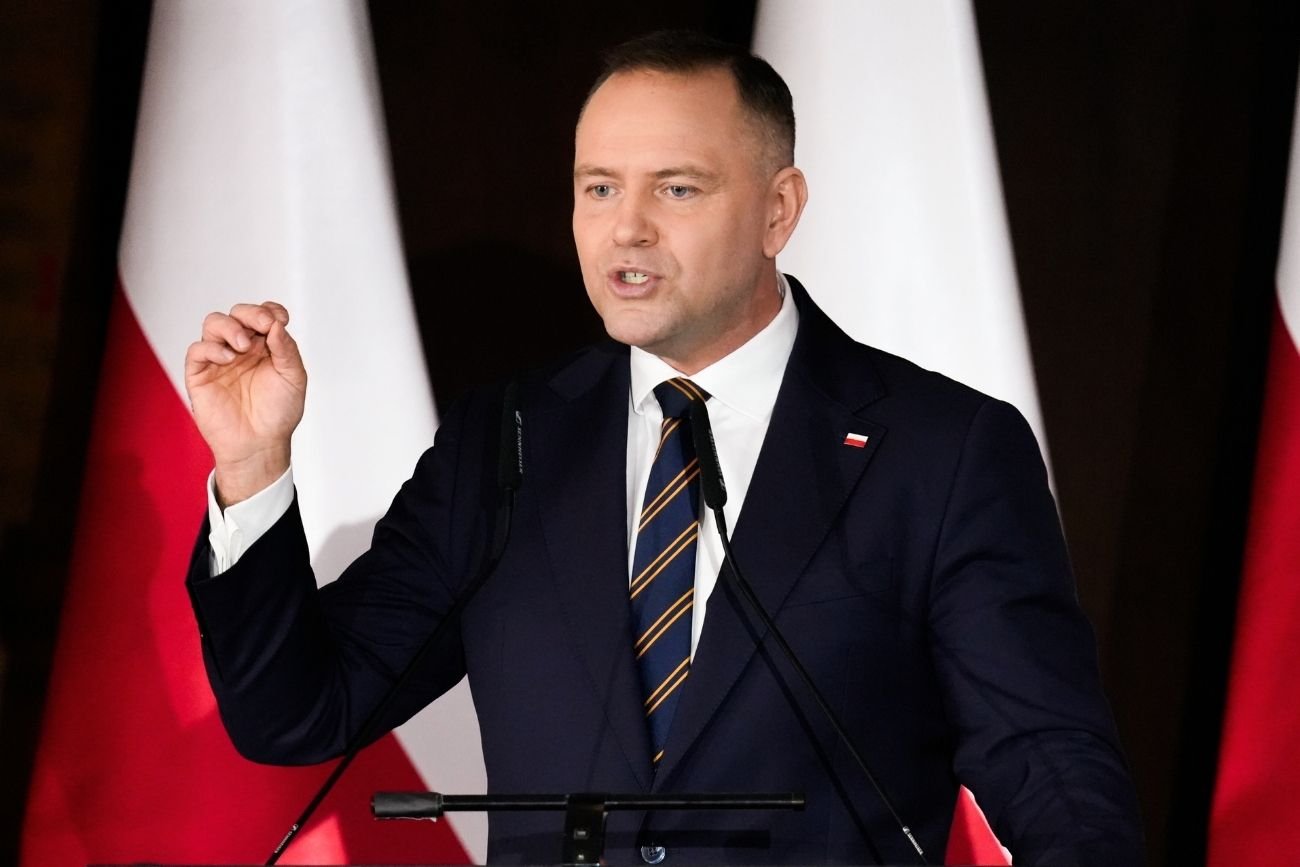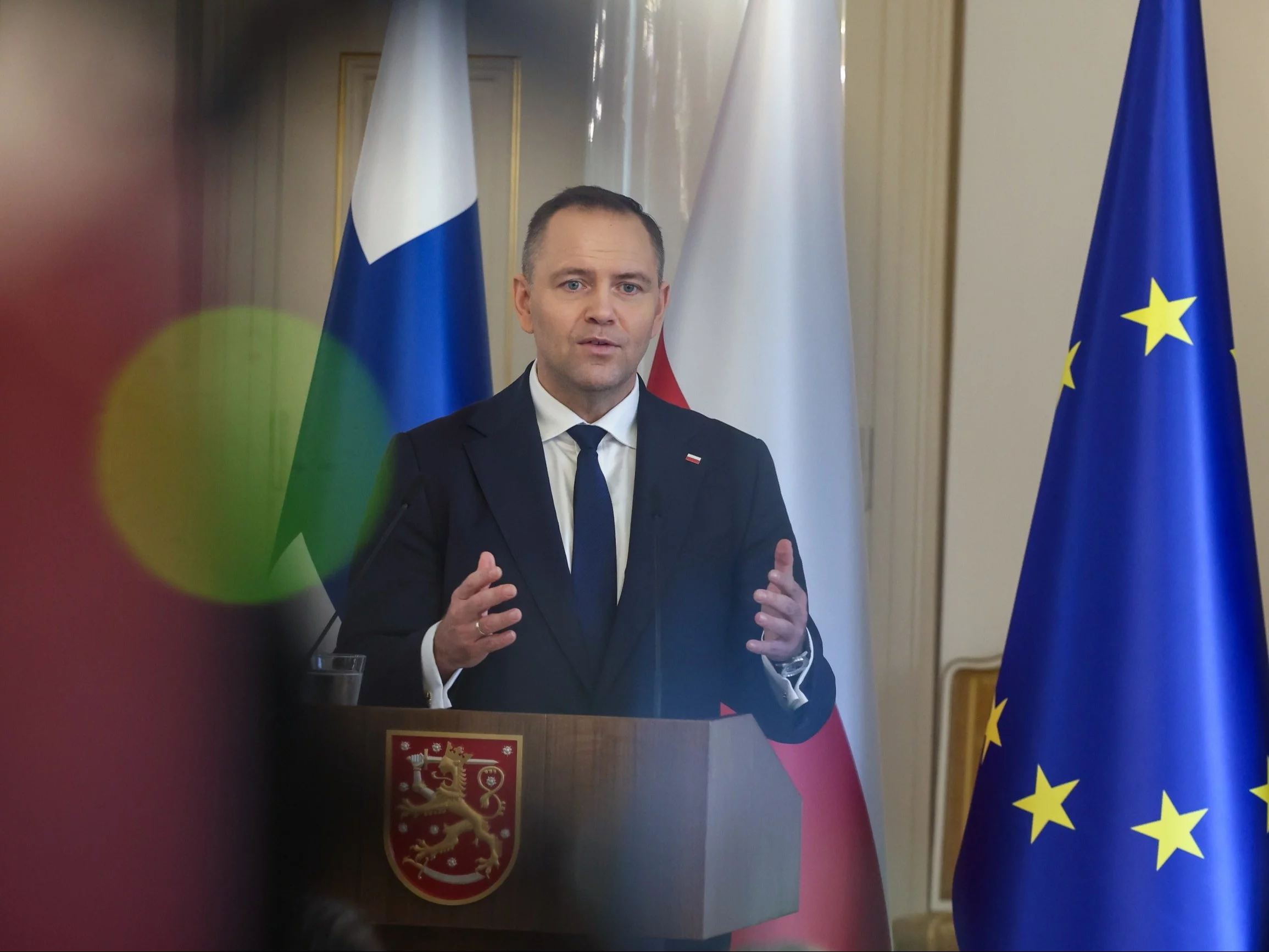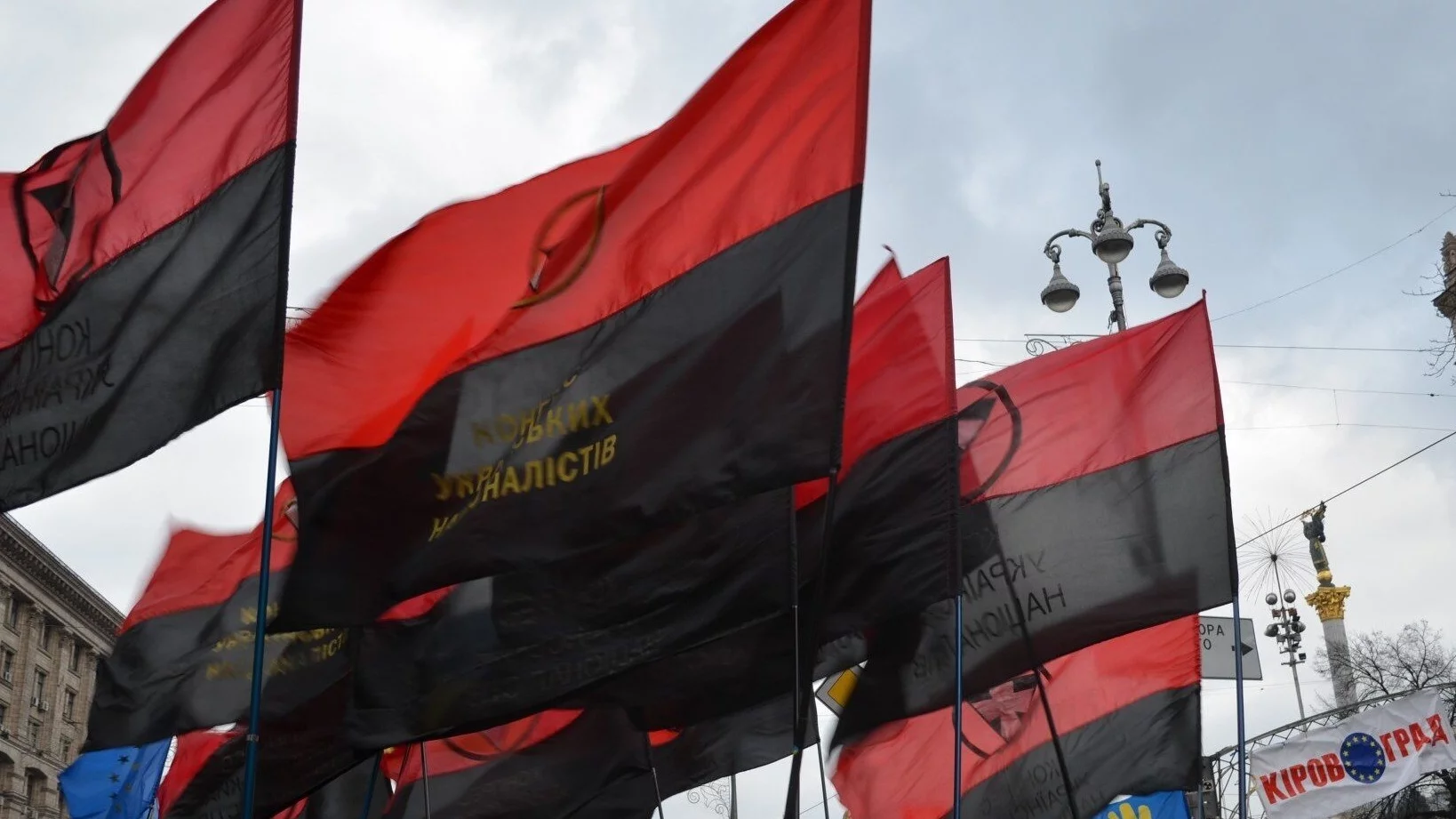
More Promises Of Western Aid Emboldened Ukraine To Neutralize Anti-Corruption Institutions
Authored by Andrew Korybko via Substack,
The EU and NATO recently promised more aid for Ukraine. The first did so in late May after the European Council created the “Security Action For Europe” (SAFE) instrument, which will provide up to €150 billion in low-interest loans for defense investments in the bloc’s members and also Ukraine, while the second came in mid-July when Trump announced that NATO members agreed to pay full price for new US arms that they’ll transfer to Ukraine. These promises emboldened Ukraine to raid its anti-corruption bureau.

Bloomberg condemned the move in a sharp opinion piece while The Economist warned that “something sinister is at work” after Zelensky then signed a law that was rushed through the Rada shortly afterwards for subordinating the anti-corruption bureau and its prosecutorial counterpart to presidential control.
Protests have since erupted in several Ukrainian cities over the latter move, which could only be possible with the SBU’s tacit approval, but it’s premature to conclude that a power struggle is underway.
In any case, a security-related pretext was exploited to justify intimidating and then subordinating anti-corruption institutions to the presidency ahead of more promised aid from the West.
Had those promises not been made, then there’d be a lot less money to steal, thus making it less likely that Ukraine would risk negative Western media coverage by doing what it just did. After all, those moves generated more negative attention than any of its anti-corruption institutions’ accusations against state officials.
Nevertheless, precedent suggests that the West won’t curtail its promised aid despite credible concerns that some of it will be stolen, including some of the arms that NATO might soon send. Russia’s First Deputy Representative to the UN Dmitry Polyanskiy claimed last October that “15% to 20% of all military goods received by Kiev end up on the gray and black markets within the next two weeks.”
The Swiss-based Global Initiative against Transnational Organized Crime also warned about this threat in February.
The reason why Western aid will likely continue flowing into Ukraine in spite of it brazenly neutralizing its anti-corruption institutions is because that bloc has already accepted that some of it will be stolen as the price to pay for continuing their proxy war on Russia.
For as loud as public opinion against this campaign might sometimes become within their society, average folks have practically no influence over the formulation of foreign policy, whose decisionmakers routinely ignore their complaints and concerns.
Many of them pinned their hopes on Trump disengaging from the conflict and thus likely leading to the US’ junior partners following suit since they’d struggle to replace its lost aid, yet he deeply disappointed them with his new three-pronged approach towards this proxy war that can be read about here.
His clumsy attempt to thread the needle between radically escalating American involvement and walking away convinced Zelensky that he was successful in his efforts to manipulate Trump into mission creep.
The end result is that Ukraine’s gravy train will continue chugging along, fueled by Western taxpayers’ funds, though all this promised aid will only perpetuate the proxy war on Russia instead of ending it.
At most, it might decelerate the pace of Russia’s on-the-ground gains, but it’s not expected to reverse them.
The ideal solution is for the West to cut its financial losses by coercing Ukraine into compromising with Russia, but that won’t happen without Trump’s leadership, and he’s now more interested in escalating.
Tyler Durden
Wed, 07/23/2025 – 11:25










